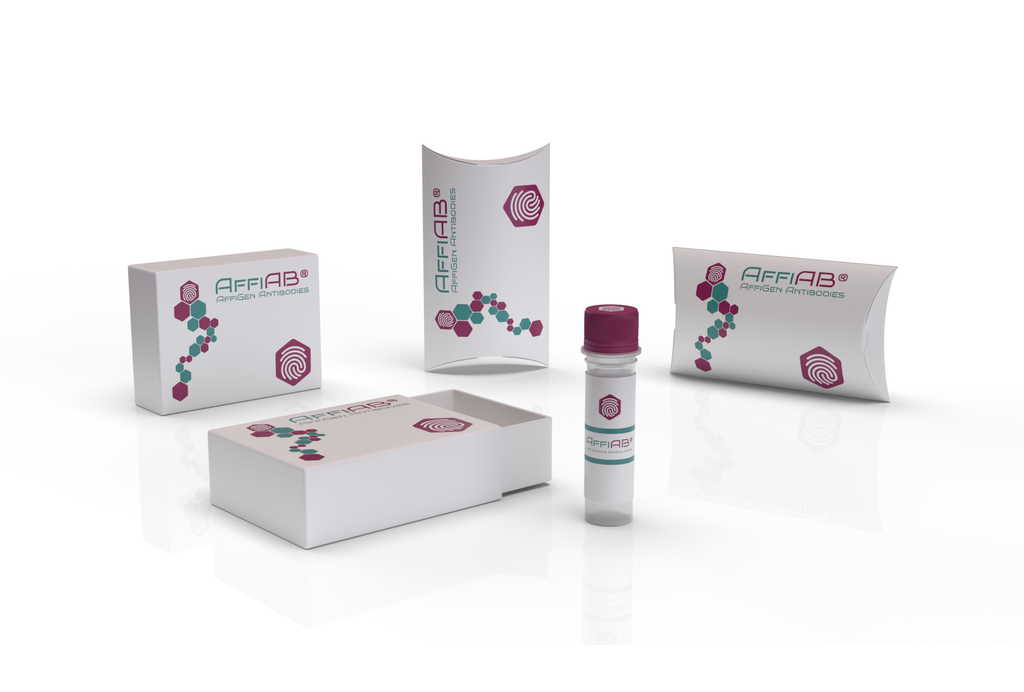AffiAB® Anti-UCP1 Antibody
Mitochondrial uncoupling proteins (UCP) are members of the family of mitochondrial anion carrier proteins (MACP) . UCPs separate oxidative phosphorylation from ATP synthesis with energy dissipated as heat, also referred to as the mitochondrial proton leak. UCPs facilitate the transfer of anions from the inner to the outer mitochondrial membrane and the return transfer of protons from the outer to the inner mitochondrial membrane. They also reduce the mitochondrial membrane potential in mammalian cells. Tissue specificity occurs for the different UCPs and the exact methods of how UCPs transfer H+/OH- are not known. UCPs contain the three homologous protein domains of MACPs. This gene is expressed only in brown adipose tissue, a specialized tissue which functions to produce heat.
Antibody type
Rabbit polyclonal Antibody
Uniprot ID
SwissProt: P25874 Human; SwissProt: P12242 Mouse; SwissProt: P04633 Rat
Recombinant
NO
Conjugation
Non-conjugated
Host
Rabbit
Isotype
IgG
Clone
N/A
KO/KD
N/A
Species reactivity
Human, Mouse, Rat
Tested applications
WB, IHC-P
Predicted species reactivity
N/A
Immunogen
Synthetic peptide within human UCP1 aa 233-266.
Storage
Store at +4°C after thawing. Aliquot store at -20°C. Avoid repeated freeze / thaw cycles.
Form
Liquid
Storage buffer
1*TBS (pH7.4) , 0.2% BSA, 50% Glycerol. Preservative: 0.05% Sodium Azide.
Concentration
1 mg/mL.
Purity
Immunogen affinity purified.
Signal pathway
N/A
Recommended dilutions
WB: 1:500-1:2, 000
; IHC-P: 1:100-1:500
Molecular Weight
33 kDa
Subcellular location
Mitochondrion inner membrane.
Positive control
NIH/3T3 cell lysate, A549 cell lysate, MCF-7 cell lysate, rat heart tissue, human fetal skeletal muscle tissue, mouse skeletal muscle tissue.
